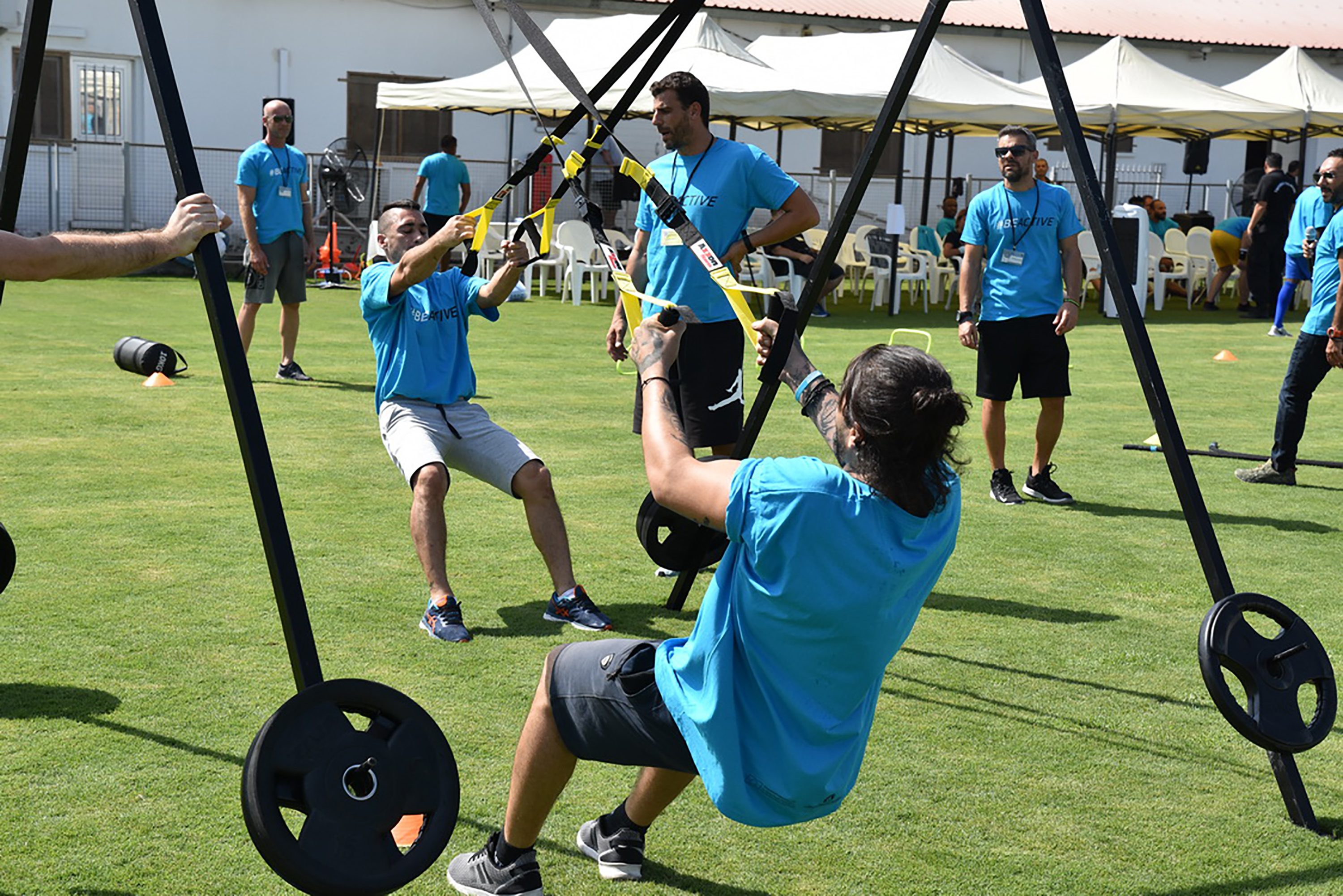By Alper Ali Riza
I hated going on prison visits. Too much clanging of gates and clinking of keys and razor barbed wire. Too many walls and doors and dogs and cells. Too much crime and too much punishment.
The last prison I visited in UK was in HM Prison Winson Green in Birmingham to advise a Cypriot prisoner that he could get transferred to Cyprus under the EU Framework Decision on the social rehabilitation of prisoners. Fortunately for him, he was eligible, and, to his great relief, was transferred to Cyprus before the end of the Brexit transition period in 2020.
I knew that Winson Green was bad, but I did not know that he was being transferred from a hellhole to a paradise prison until I saw Raphael Rowe’s documentary on world prisons currently on Netflix that shows Cyprus as having the most avant-garde prison regime in the world.
Raphael Rowe is a former inmate who served 12 years in prison in UK from 1988-2000. He was convicted of a murder he did not commit. In 2000 his trial was declared unfair by the European Court of Human Rights and his conviction was quashed by the English Court of Criminal Appeal as being unsafe the same year.
He was released and became a broadcast journalist for BBC Panorama having studied journalism while he was doing time. Nowadays he visits prisons round the world a week at a time during which he is incarcerated as if he were an inmate. He films and talks to inmates about their crimes and prison conditions and to staff about the prison regime they manage.
The series is called Inside the World’s Toughest Prisons. Rowe has done a number of episodes in the prisons of a number of countries. I watched ones in Bosnia, Costa Rica, Cyprus, Germany, Greece, Mauritius and Norway.
The one on Cyprus is called Cyprus: The Utopian Prison and the one from Norway: the Perfect Prison. The rest are hellholes. Before the new director, Anna Aristotelous, became director of Cyprus’ Central Prison in Nicosia in 2014, it was also a hellhole; apparently one of the most brutal in Europe with beatings, male-on-male rapes and suicides to its name.
Then Aristotelous came along and turned it round completely. These days punishment following a criminal conviction in Cyprus is civilised and designed to reduce recidivism.
Aristotelous told Rowe at the end of his weeklong stay that her approach is to enable inmates to develop and change so as to reintegrate in society on their release. “I like what I am doing and do it with passion,” she said. To begin with he was skeptical if the regime was as good as it seemed, but was won over in the end by the universally high esteem inmates and staff held the director.
The reception Rowe receives on arrival sets the scene for the shape of things to come. He is seen by a prison officer with a degree in criminology who tells him among other things that he can use the mainline telephone at any time during the day until 5pm. As he makes his way to his cell at a prison wing across a lawn there is water music en route – piano music played by water from a fountain.
On arrival in the wing, he is met by his cell mate, a gentle giant called Phaedon, who is doing time for armed robbery, but who does not look as though he could harm a fly. He sings the director’s praises as does everyone else Rowe meets. He is told that he is not required to wear a prison uniform and can stay out of his cell from 7am to 5pm during which he can play sport, indulge his hobbies, train and study and associate with other prisoners as he wishes.
He attends a Bingo session and a Russian class and meets African asylum seekers and is told the director meets regularly with inmates. The asylum seekers have warmed to her and sing and dance on her arrival chanting “we love you, we love you” “queen of prisons” and she responds with “you make me a better person.”
The prison chef is an inmate and his culinary principle for all prisons is that ‘a hungry man is an angry man’ so the food needs to be good and plentiful. If, as Napoleon said, ‘an army marches on its stomach,’ so does a civilised and disciplined prison regime.
The new intake of prison officers is trained in nonviolent restraint techniques that do not hurt the prisoner whom they are trained to cajole into submission in a way that detaches the officer from the physical acts he has to perform to restrain a prisoner in the name of the law.
Rowe was allowed to meet members of staff from the bad times who were kept in post after the system changed in 2014. They too changed and felt genuine remorse about their conduct in the past. They are now cognisant of the human rights of inmates without in the least ignoring that prisoners have committed crimes for which they are being punished.
The punishment is the deprivation of one’s liberty, and the severity of the punishment is the length of one’s prison sentence. Beyond that prisons have to tread carefully: torture, mental or physical, is a serious breach of the criminal law, as is slavery and other forms of inhuman or degrading treatment or any unusual punishment. So much for what is prohibited but prisoners have positive rights too – qualified but existent.
Rowe’s visit to Cyprus’ prison ends with a wedding between a man and a woman who met in prison and married in the exercise of their right to marry.
Alper Ali Riza is a king’s counsel in the UK and a retired part time judge







Click here to change your cookie preferences